RELIGION: BOON OR BANE FOR DEMOCRACY?
In December 2022, the Indonesian government passed a law that penalizes sex outside marriage. This is only one of the many changes in the criminal code that observers warn of the increasing conservatism in the country.
Indonesia houses the largest Muslim population in the world and is also a republic whose democratic experiences and milestones have been widely studied by scholars within and beyond the region. This makes Indonesia a compelling case for reflection on the nexus and tensions between religion and democracy. Is religion compatible with democracy? What opportunities and challenges does the “Islamic Renaissance” entail in the country? Democracy on Religion
Liberal democracy espouses secularism, the separation of church and state, and freedom of religion. In an “ideal” democratic system, the state must not endorse nor support any specific religion while guaranteeing the free exercise of religion among citizens. This is essential in a democracy for many reasons. Religious freedom is a crucial civil right that enhances citizens’ individuality and relations with others. It stops one religion from dominating society, hence promoting diversity and co-existence. At the same time, it prevents policies from being framed according to religious beliefs, which may result in discrimination and repression of fundamental human rights.
Religion and its Tensions with Democracy: The Case of Indonesia
This is particularly important for Indonesia. While the country is predominantly Muslim, Indonesia also has many ethnolinguistic groups with different cultures and practices. It is a challenge in itself to build one nation with an immensely heterogeneous society. The diversity in the country resulted in years of ethnic conflict and violence. Even a religious minority, the Ahmadiyya, faces intimidation and oppression in the exercise of their faith. Indonesia’s dilemma points to the longstanding debate in human rights discourse and practice – are human rights universal, or are they relative to culture and local customs? While I am more inclined to support the former, it is important to be aware and carefully consider the context of a country when designing human rights advocacy and interventions.
However imperfect, the democratization process in Indonesia has assisted in facilitating efforts for reconciliation and balancing competing interests in the country. Recently, the President stunned the world when he acknowledged past grave human rights abuses in the country, including an anti-communist purge in the ’60s and the arrest of democracy activists during the Suharto presidency.
Indonesia sits in between secularism and theocracy. The country’s fundamental law espouses Pancasila, which is the foundational political theory of Indonesia. Through its five principles, Indonesian society believes in one God and aspires to create a just and civilized humanity, unity, democracy, and social justice for all. This tells us that, by principle, Indonesia gives importance to pluralism and citizenship. Scholars and practitioners of the law also adopt legal pluralism and believe that different legal systems are complementary rather than contradictory. For example, community practices and customs are considered along with national and local regulations in settling disputes and conflicts at the village level.
However, in recent years, Indonesia has seen the expanding role of Islam in the country’s social and political life. Aside from Islam being a “source of ethical and cultural guidance”, many Islamic organizations have secured formal power, which allows them to easily introduce measures within the state apparatus that cement their own interests. Hardliner Islamic groups have also proliferated, and fundamentalist thought and practices are becoming more and more widespread. Islamic identity politics have also been evident since Widodo coalesced with conservative Islamic factions and appointed Amin, an influential Islamic figure, as his vice president. The new penal code tends to be more religious than secular. This has implications for Indonesia’s supposed secularism and diversity. How can the Indonesian government best represent the interests and aspirations of all?
As Indonesia continues to modernize and extend its economic and political ascendancy in the region, rapid changes in its social relations and dynamics are also expected. This demands a more careful look at the kind of laws and “social controls” that the government enforces. Suppose conservative forces are forwarding laws in the name of protecting tradition and keeping Indonesian values in check. In that case, it should not be at the expense of fundamental civil and political liberties, nor should it be to repress vulnerable groups even further, such as women, LGBT+, and ethnic communities. Admittedly, this is easier said than done. Hence, political representation must reflect the diversity and vibrance of Indonesian society. If only one group dominates political and policy discourse, it ultimately jeopardizes the general will.
When religion becomes the yardstick for crafting rules and policies, it creates biases, whether intended or not. Propositions that are credible and necessary but “contradictory” to a certain religion may be rejected simply because they do not fit the personal convictions of decision-makers. Integrating religion into politics usually leads to oppressive and harmful policymaking. Religion is also a form of heuristics or cognitive shortcut that devalues deliberation and discussion. Instead of scrutinizing issues, people may resort to using their religion as the sole basis for their position on a particular matter. Democracies ought to be deliberative and pluralistic.
Human rights activists and organizations in Indonesia have sounded the alarm on many changes in the criminal code that could stifle individual freedoms and lead to setbacks in the country’s democratic progress. Aside from banning sex outside marriage, the government also reinstated laws that criminalize insulting the President and other state officials and institutions. They also increased the punishment for blasphemy. These laws can be disproportionately used against individuals and groups with legitimate criticisms and concerns about the government. It may also render already marginalized communities even more vulnerable. Religion, Populism, and Repression
This trend is not only unique to Indonesia. Much of the world has seen the rise of “nationalist” movements, often within the pretext of religion and safeguarding culture. India’s Modi has exhibited Hindu nationalist tendencies, which have meant greater intolerance against the Muslim minority in the country. Myanmar’s Tatmadaw has weaponized Buddhism to rally support from the public and account for its atrocities.
The use of religion to justify repressive and oppressive regimes is apparent. Religion is an effective tool to unify a group of people and subject them to a specific set of beliefs and values, which may be highly prejudiced and absurd. Religion acts as a moral compass that defines what is right and what is wrong. Because religion is subjective, it can easily be manipulated to serve political objectives. Populists and autocrats can bastardize religion to create a public enemy, instill an “us vs them” mentality, and sow further polarization.
Failed democracies thrive out of fear, whether it is real or manufactured. Religion can be a potent force to ingrain this fear. This hysteria against change and modernization is easy to whip up when people already have preexisting beliefs. It is not too difficult to segregate people and label them as the “other”. When this distinction is entrenched, it is convenient to normalize discrimination and violence.
It is said that Indonesia is a model for “Moderate Islam” when compared to the Middle East; the “Indonesian way” can complement Western values and democracy. It also has the potential to correct Islamophobia and promote Islam as a religion of peace. On the other hand, if Indonesia cannot find its balance and condone fundamentalist and hardliner Islamic groups to flourish, Indonesia will certainly regress in its hard-won democratic gains.
Religion has inherent contradictions with democracy. Subscribing to a religion and structuring a supposedly diverse society using its tenets is monopolistic and can bring about intolerance. It is paramount for democracies to ensure that civil, political, and socioeconomic rights are not deprived based on religion and other forms of cleavages. The access and exercise of power should be as widely distributed as possible. Public office should not be limited to certain political clans or religious organizations. For instance, at the village level, cultural and socioeconomic elites must share power and administration with vulnerable and historically marginalized groups. There are more reasons and illustrative cases, present and past, to posit that religion is more of a bane than a boon to democracy. At the moment in world history when (dis)information is fast and instant, we must maintain vigilance in dealing with autocratic agendas in the guise of “respecting” values and tradition. It is easier to believe and conform than to reflect and deliberate. But democracy dies when we rely on shortcuts to define what is good for us. Democracy dies, slowly and deliberately, when we allow a few to sabotage our freedoms and liberties to increase their own. Demagogues and despots are usually cunning and do things “in the name of God”.
REFERENCES
Evans, M. S. (2014). Religion and political decision making. Journal for the Scientific Study of Religion, 53(1), 145–163. http://doi:10.1111/jssr.12088
Evans, T. (2012). Separation of Mosque and State in Indonesia. Policy, 27(4), 35–39.
Głodek, A., & Grzywacz, A. (2020). Indonesia – between religion and democracy, Warsaw: Boym Institute. Retrieved from https://instytutboyma.org/en/indonesia-between-religion-and-democracy
Jaffrey, S. (2020). Is Indonesia Becoming a Two-Tier Democracy?, Washington D.C.: Carnegie Endowment for International Peace.
Jamaluddin, M., Chen, H. & Watson, A. (2022). Indonesia bans sex outside marriage as parliament passes sweeping new criminal code, Jakarta: CNN.
Klinken, G. v. (2019). Living in a Sacred Cosmos: Indonesia and the Future of Islam. Journal of the Humanities and Social Sciences of Southeast Asia, 175(1), 81–135. http://doi:10.1111/jssr.12088
McWilliams, E. (2018). Democracy in Indonesia: A Progress Report, Washington D.C.: The Foreign Service Journal.
Nagda, A. (2020). The Diplomat. [Online] Available at: https://thediplomat.com/2020/03/the-islamization-of-indonesias-foreign-policy/
Omelicheva, M. & Ahmed, R. (2018). Religion and politics: examining the impact of faith on political participation. Religion, State, and Society, 46(1), 4–25.
The World Factbook. (2023). Indonesia, s.l.: Central Intelligence Agency.
Wieringa, S. E. (2006). Islamization in Indonesia: Women Activists’ Discourses. Signs: Journal of Women in Culture and Society, 32 (1), 40–27.
Short Biography:
Kay Conales is a student of the Asia Pacific-Master of Arts in Human Rights and Democratization of the Institute of Human Rights and Peace Studies (IHRP) of Mahidol University (Thailand). She also studied in the Faculty of Social and Political Sciences (FISIPOL) of APMA’s partner-university Universitas Gadjah Mada (Indonesia). She can be reached through e-mail at ksconales@gmail.com.

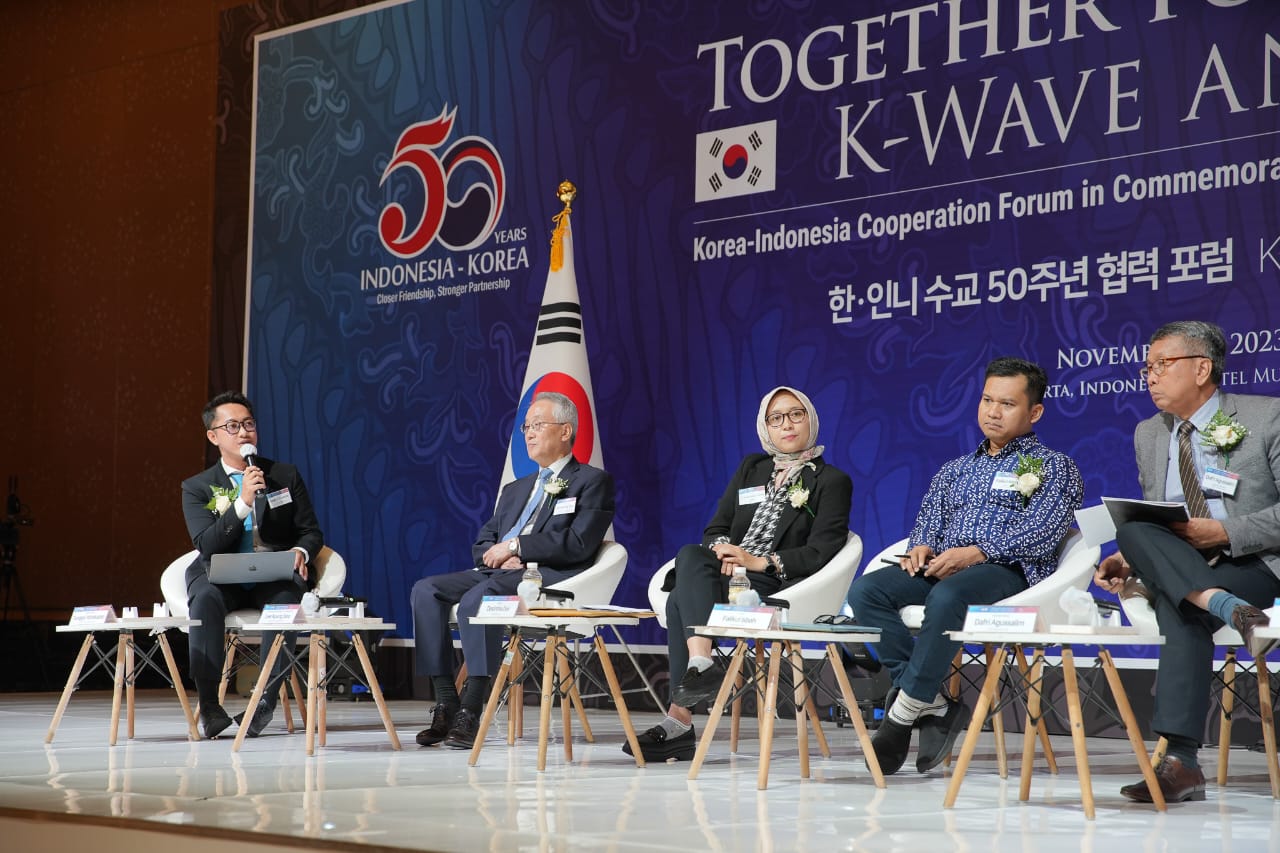

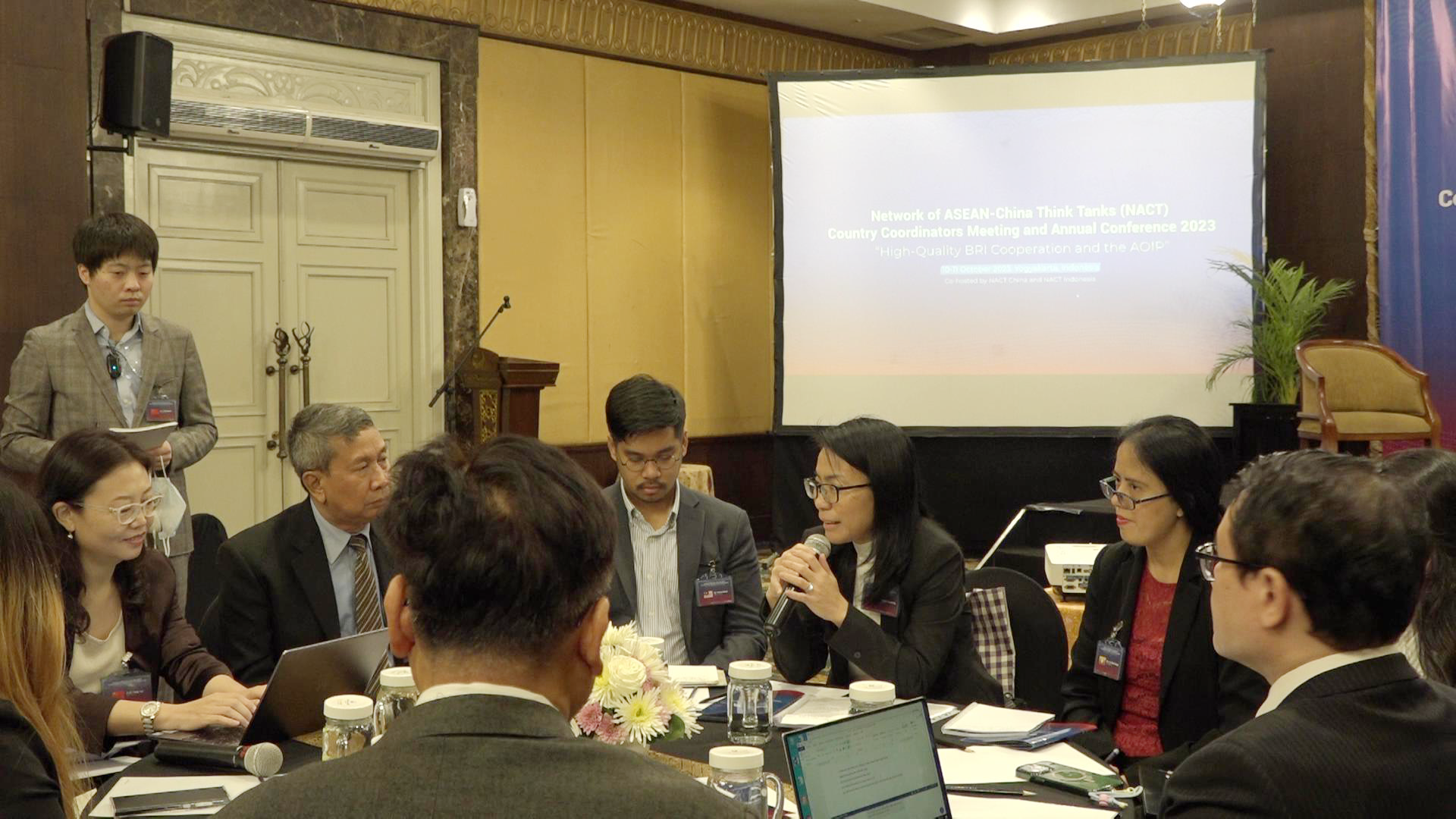
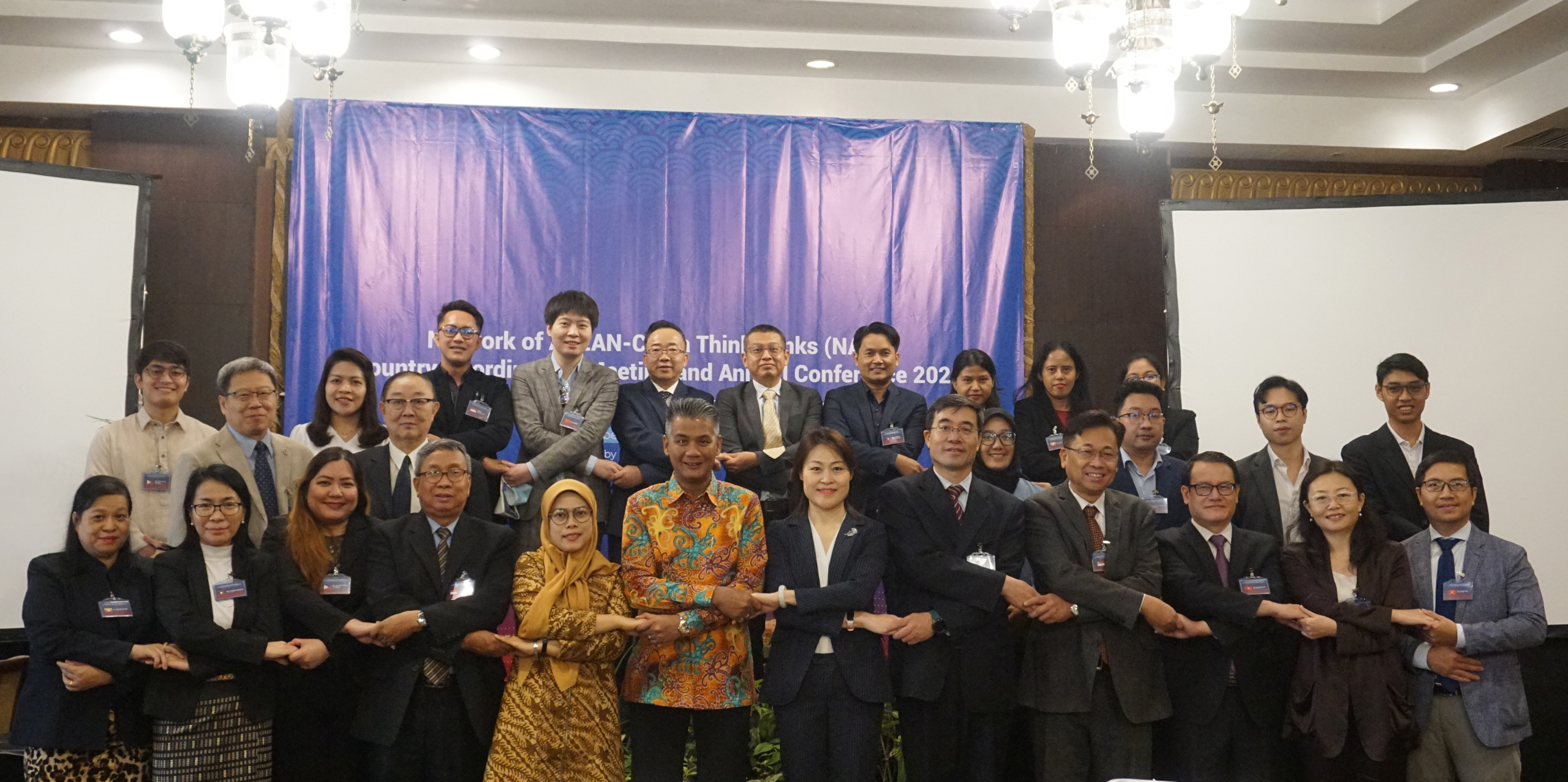
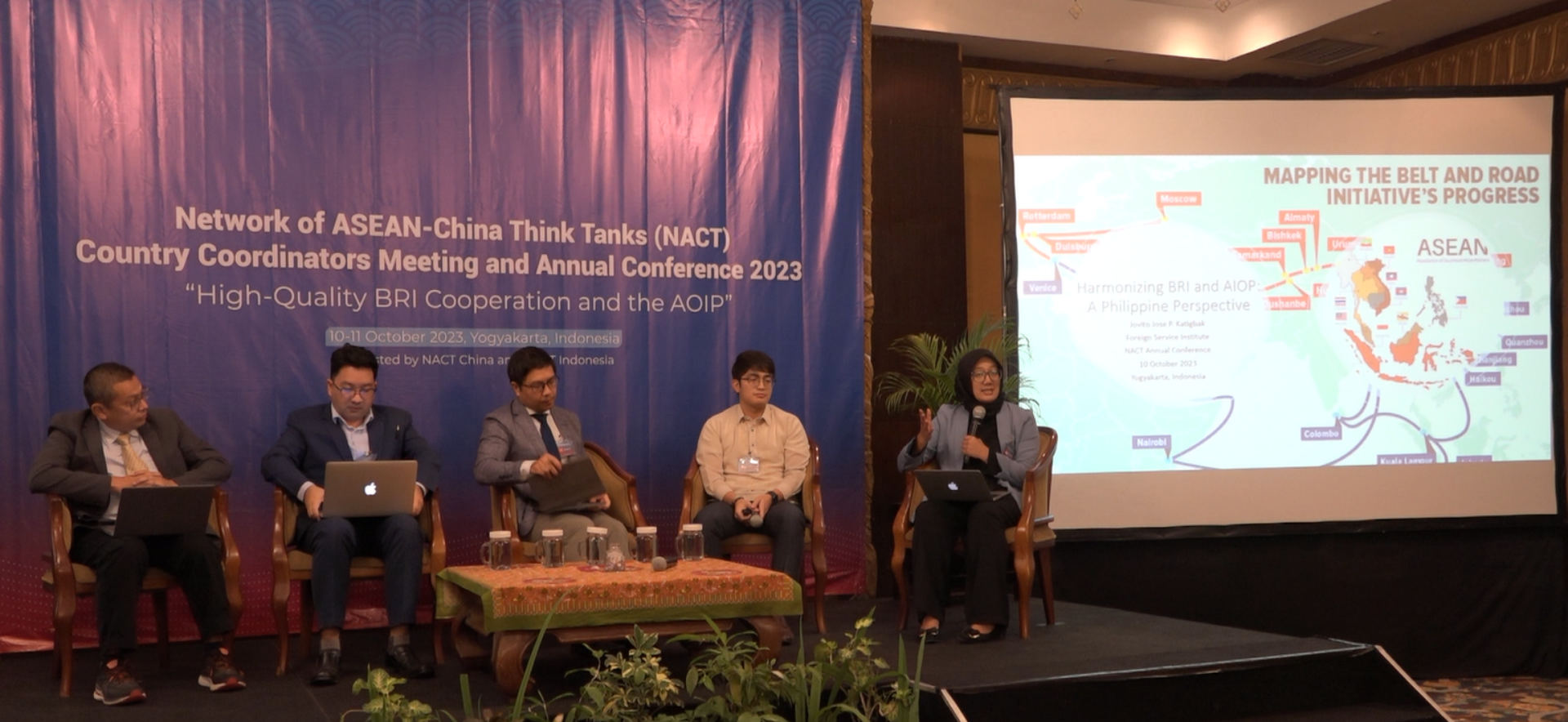
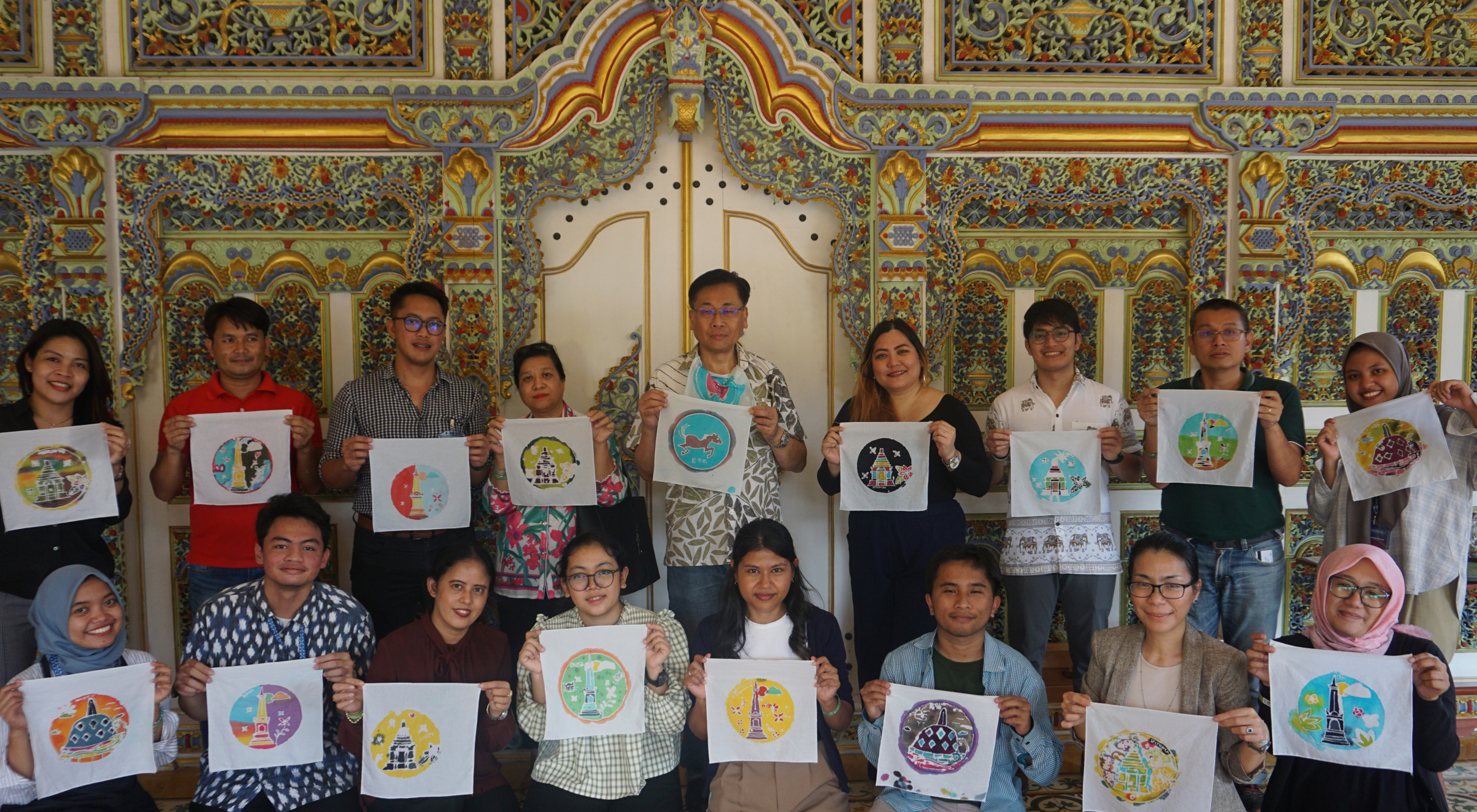



 “Standing on the Edge of a Thorn” is an intimate portrait of a family in rural Indonesia grappling with poverty, mental illness, and participation in the sex trade. The movie has succeeded in portraying how gender violence issues happened. During the discussion, Dr. Robert Lemelson, Ph. D has highlighted that this movie has brought up the issue of gender violence, which was previously considered a taboo subject to be discussed by the public. Even though the problem is happening a lot and affects the psychology of other family members, it is still considered taboo to bring up this issue. Ninik Supartini, M. Si. has also stated her efforts to approach people to recognize gender violence. According to her, gender violence is a structural issue and requires a prolonged approach to resolve it. Indiana Puspa Dewi, S.S., MA, a Ph.D., has also stated the importance of maximizing the village’s cultural background and situation to handle cases of gender violence in the community. The discussion also became more interesting with the Q&A session with participants of this movie screening.
“Standing on the Edge of a Thorn” is an intimate portrait of a family in rural Indonesia grappling with poverty, mental illness, and participation in the sex trade. The movie has succeeded in portraying how gender violence issues happened. During the discussion, Dr. Robert Lemelson, Ph. D has highlighted that this movie has brought up the issue of gender violence, which was previously considered a taboo subject to be discussed by the public. Even though the problem is happening a lot and affects the psychology of other family members, it is still considered taboo to bring up this issue. Ninik Supartini, M. Si. has also stated her efforts to approach people to recognize gender violence. According to her, gender violence is a structural issue and requires a prolonged approach to resolve it. Indiana Puspa Dewi, S.S., MA, a Ph.D., has also stated the importance of maximizing the village’s cultural background and situation to handle cases of gender violence in the community. The discussion also became more interesting with the Q&A session with participants of this movie screening.